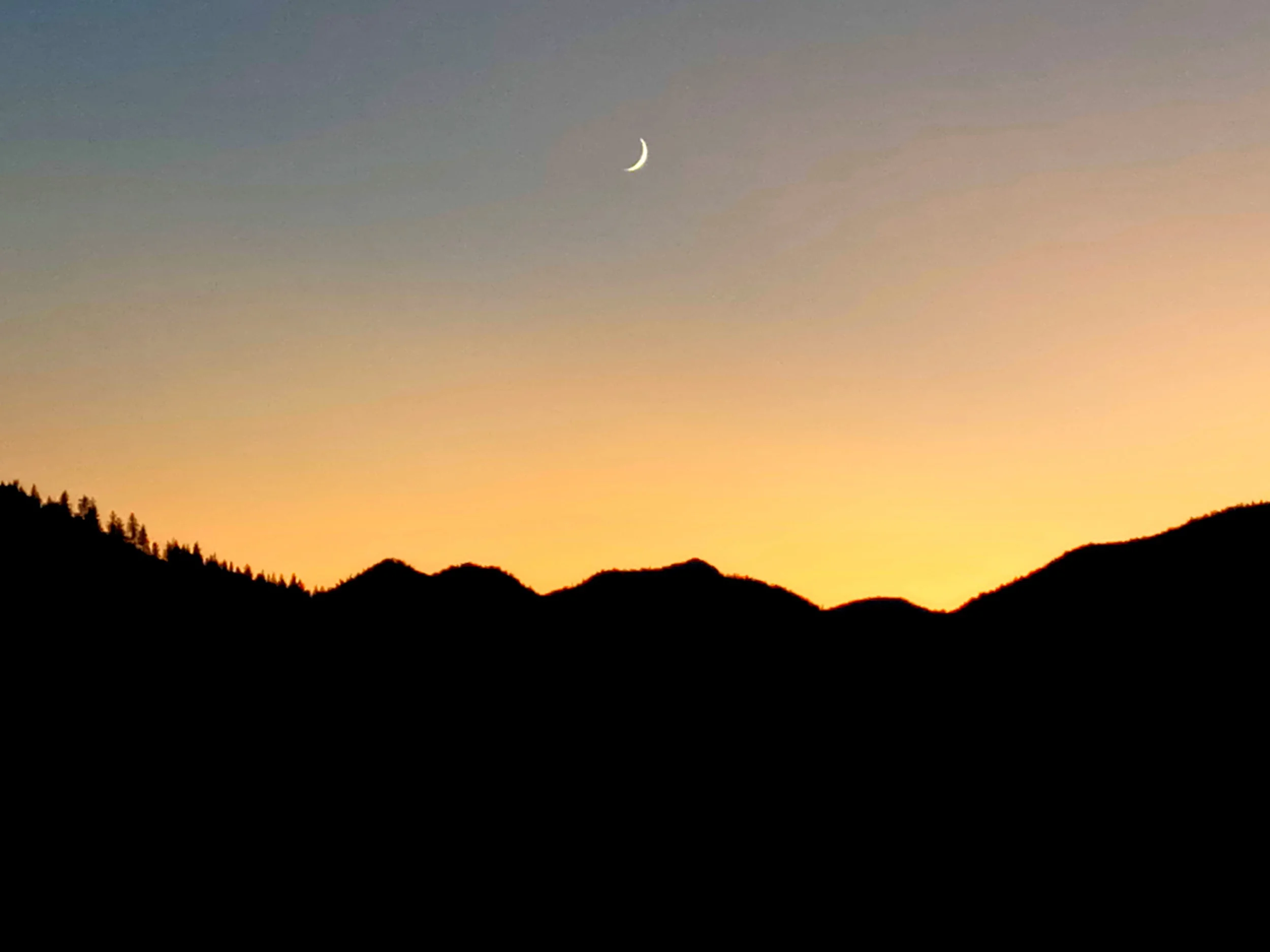
Our story
Wild Stage Farm was founded by Matt Shelton who is the son of two Bay Area theatre artists, Jean Shelton and Robert Elross. After graduating from the University of California at Santa Barbara he began studying acting/directing and began his true formal education. Besides his parents, early artistic influences came from Broadway actor/director and Group Theatre member Wendell Phillips. He studied acting in New York, Los Angeles, and San Francisco. Other artistic influences came from two Russian Directors/Actors Oleg Liptsin (Russian Academy of Theater Arts, Moscow) and Sasha Tihiy (Moscow Shukin Theatre School). After a series of San Francisco play performances, he received his Equity Stage card by performing in Orphans at the Marin Theatre Company to wide critical acclaim. As a natural comedian, one of his performances in Laughing Wild was reviewed as “easily the finest comedic performance on the San Francisco stage.” As a performer, he has acted in classics such as; Who’s Afraid of Virginia Woolf, Long Days Journey into Night, Of Mice and Men, Death of A Salesman, The Seagull, and others.
He has performed in radio, television commercials, film, and theater and has acted/directed/produced over 25 films and over 80 theatre productions including the landmark productions of Edmond, Glengarry Glen Ross, Marat/Sade, The Big Funk, Who’s Afraid of Virginia Woolf? The Cherry Orchard, A Streetcar Named Desire, and many others. He has acted, directed, produced, and taught over the last 30 years and in 1993 he founded the Shelton Theater where he worked with veteran Bay Area actors and directors while providing opportunities to new artists. The Shelton Theater has curated thousands of productions over the years. He has also taught acting for directors at the California College of the Arts and the San Francisco Art Institute.
After 35 years of creating works of theater in downtown San Francisco, Matt began to shift his focus to farming; He began to investigate Permaculture with the Regenerative Design Institute in Bolinas, CA, and recognized Rudolph Steiner’s influence on biodynamic farming practices as Matt studied Eurythmy techniques in New York and in San Francisco. His son Rory attended the Steiner-inspired New Village School in Sausalito, Ca. where farming and educational practices blended. Matt is being guided by multiple influences that inspire him to leave future generations with at least a few acres of vibrant living soil to plant in.
“Running a theater and a farm is quite similar. Very little money, incredibly hard work, lots of risks, reliance on people, and lots of luck. When it works, it is nothing short of magic.”
“My early life I produced and created stories. Now food. It all begins with empathy. The interconnectedness of all living things. The unseen world. And of course, everything else, but mainly the joy of giving and a solid dose of faith.”
My neighbor Jack Gillock helped a ton and was instrumental in inspiring me as well as Bowen and Dee Dee Rideout. These three folk gave selflessly and inspired me that “I could if I wanted” with a “bunch of grit and determination.” I am deeply grateful to these fine folk who are cut from the finest cloth.
We intend to heal and restore the abandoned 20 acre homestead that was once thriving under Old man Carlton in the 1960s, 70’s and 80’s. An irrigation canal, built by the Chinese in the 19th century, brought water to the farm fields after the gold rush in the 1850s and runs the 12-mile length of the Scott Valley and is still visible today on the farm. Indigenous Shastan Peoples specifically the Irauitsu tended the Scott Valley prior to the 1850s. Numerous homesteads and family farms populate the Valley now as well as the Quartz Valley Indian Reservation.
The Scott River flows northward through the Scott Valley and finally along the base of the north end of the Marble Mountains until it meets the Klamath River. The area is still wild and scenic and a part of the Klamath National Forests. Stunning alpine lakes, granite peaks, rivers and creeks, pine, oak, and cedar trees, black bears, owls, eagles, and all the rest. Truly beautiful and wild.
When deciding upon garlic as a crop I stumbled upon multiple varieties with outstanding seed lineage. I grew 12 varieties my first year and was stunned by the Purple Garlic from Uzbekistan along the silk road. After researching the seed, I found out some amazing facts about this garlic seed. It was recently gathered from the wild in Uzbekistan and brought back to the pacific Northwest where it has been introduced to the states.
It’s purple coloring is ancestral, meaning all garlic comes from purple garlic first. Back to Eden here. Purple garlic seed from the wilds of Uzbekistan along the silk road; considered the birthplace of garlic. The feedback has been outstanding.
Solar eclipse
Matt, Amanda, Rory, Olivia
Full moon rising over Airstream
From the fields looking Northwest
White Oak in Fall
Crescent moon over Marble Mtns.
Beloved Tule
Sign of good luck.










